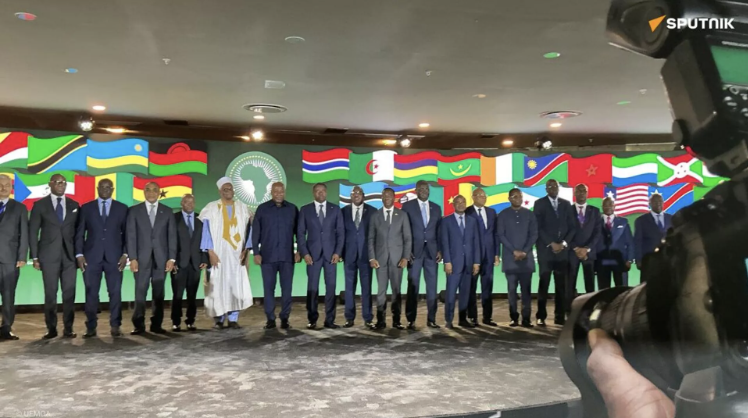A prominent West African expert, Issoufou Boubacar Kado Magagi, has strongly advocated for the withdrawal of the Alliance of Sahel States (AES) comprising Niger, Mali, and Burkina Faso from the West African Economic and Monetary Union (WAEMU), citing the need for full monetary sovereignty and self-determined economic development.
Magagi emphasized that this step is both timely and necessary, given the political and economic realities confronting the AES nations. In early July, the three countries staged a walkout during a WAEMU meeting, protesting the allocation of the rotating presidency to Ouagadougou without a unified agreement. The incident laid bare the deepening rifts within the bloc.
“The political leaders of the AES should realize that it will be very difficult for them to remain in an economic integration organization led by a world power that is very hostile to them,” Magagi told Sputnik Africa. Though he did not name the power, he alluded to France’s long-standing influence in WAEMU via the CFA franc currency system and its close ties with member state Côte d’Ivoire.
According to Magagi, monetary sovereignty is a non-negotiable foundation for genuine economic and social progress. The CFA franc, which is pegged to the euro and backed by the French Treasury, has long been criticized for limiting member states’ financial autonomy.
The AES bloc’s institutional weight within WAEMU is considerable. Together, Niger, Mali, and Burkina Faso account for 79% of the union’s total land area and approximately 60% of its population. Notably, Niger also ranks highest in economic growth among WAEMU members.
Magagi, however, warned of geopolitical resistance to any AES exit, especially from Côte d’Ivoire, which he described as “the guardian of French interests in West Africa.” He cautioned that Abidjan poses a “major threat to the economic interests” of both the AES and broader West Africa.
In light of the current impasse, Magagi asserts that withdrawing from WAEMU is the only viable path for AES nations seeking autonomy, dignity, and sustainable development. “They should leave with their heads held high,” he concluded.

